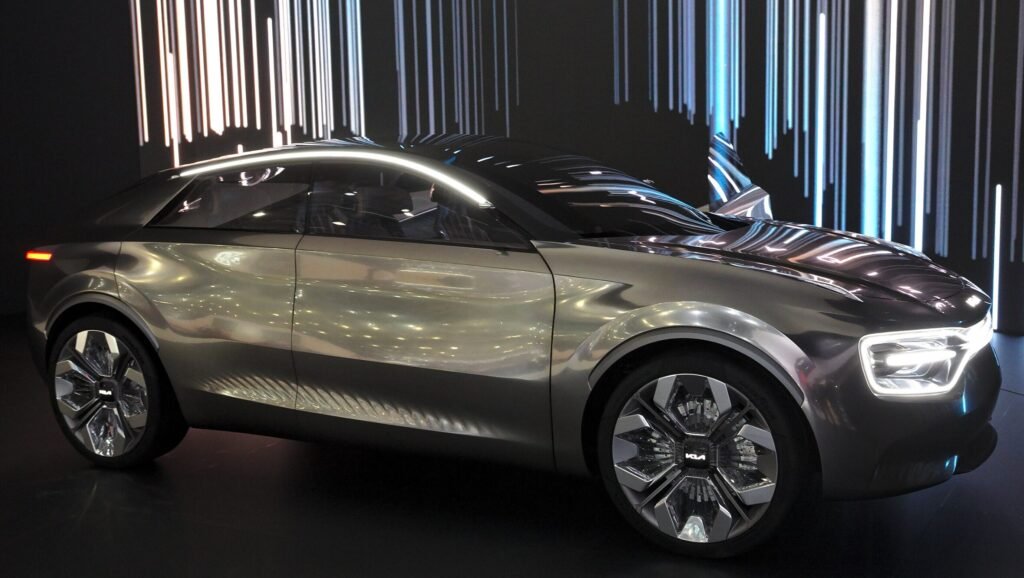As the global automotive industry shifts toward sustainability, Korean electric cars are rapidly emerging as top contenders in the electric vehicle (EV) market. Backed by strong government support, advanced battery technology, and a focus on design and innovation, South Korea has positioned itself as a global leader in EV development.
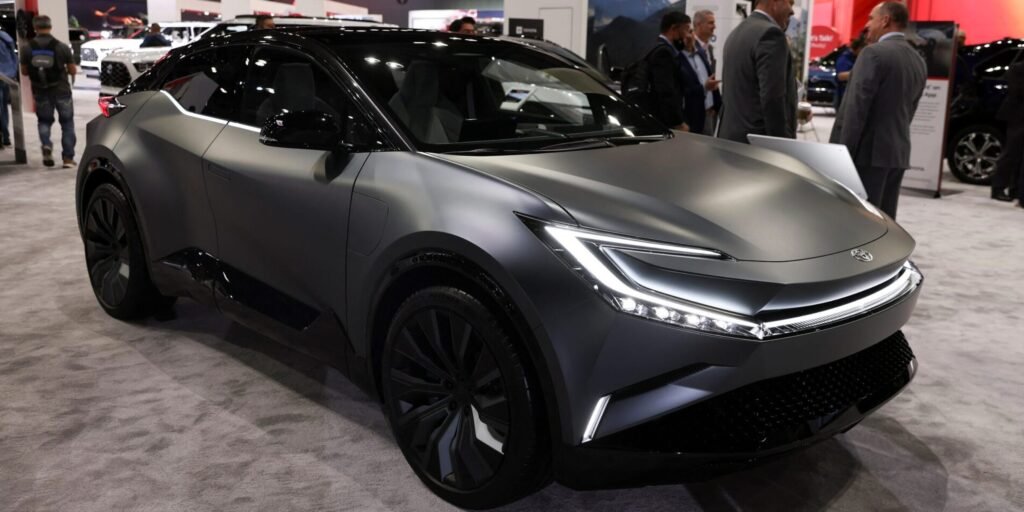
This article explores what makes Korean electric cars so competitive, their advantages, potential challenges, and the models that are reshaping the future of driving.
What Is a Korean Electric Car?
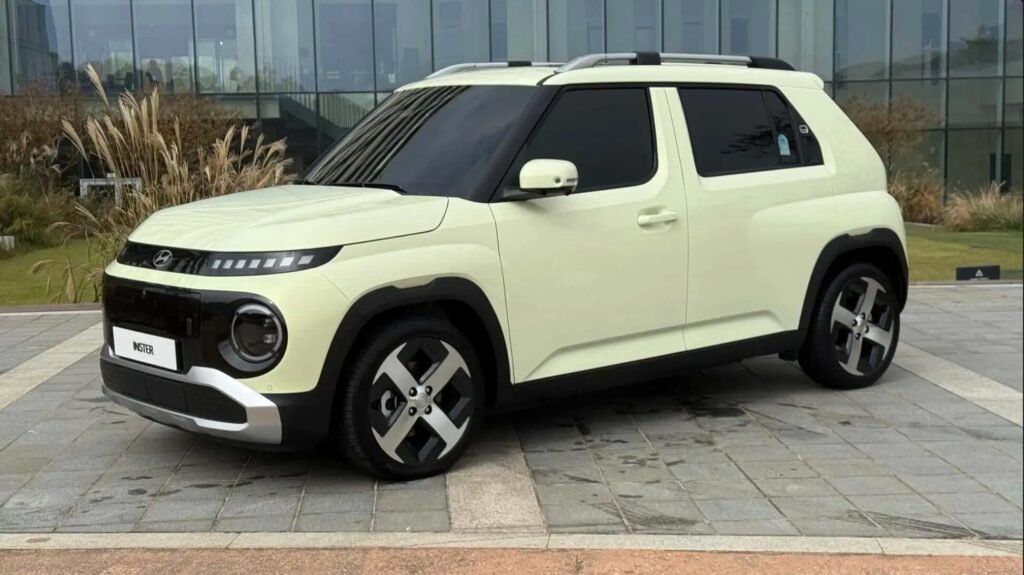
A Korean electric car refers to any battery-powered vehicle manufactured by South Korean automakers such as Hyundai, Kia, and Genesis. These vehicles operate entirely on electric power, producing zero tailpipe emissions and offering a quiet, responsive driving experience.
South Korea’s commitment to electrification can be traced back to its Green New Deal, which aims to reduce carbon emissions and promote renewable energy. Leading Korean carmakers are not only focusing on consumer EVs but are also investing in commercial electric vehicles, EV charging infrastructure, and next-generation battery technologies.
To learn more about the country’s broader approach to technology and industry, visit the Economy of South Korea Wikipedia page.
Key Benefits of Korean Electric Cars
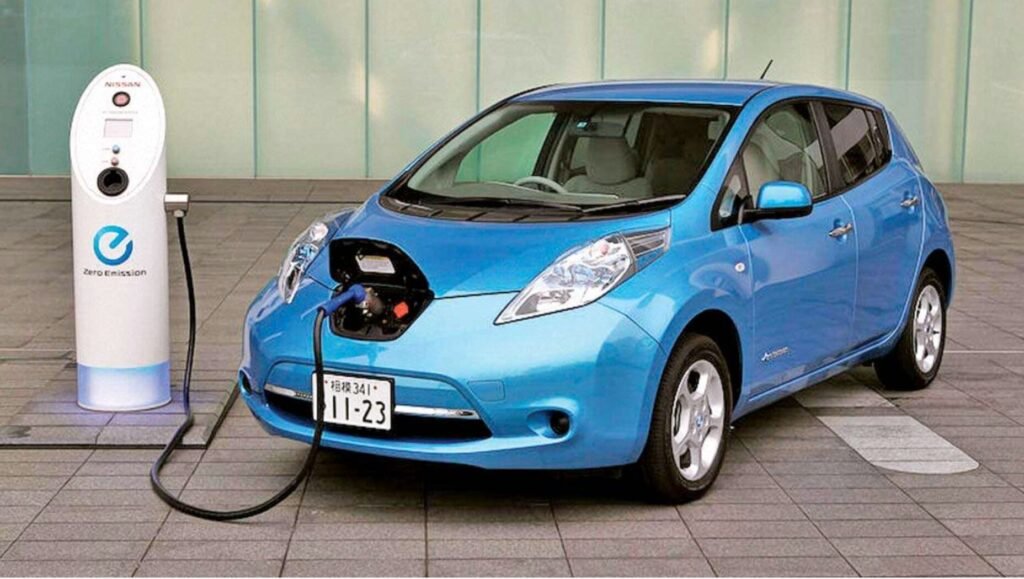
1. Advanced Battery Technology
South Korea is home to LG Energy Solution and SK On, two of the world’s largest EV battery manufacturers. As a result, Korean electric cars benefit from some of the most advanced, high-density lithium-ion batteries, offering longer range and faster charging than many competitors.
2. Competitive Pricing
Compared to their American and European counterparts, Korean EVs are often more affordable, without sacrificing quality. This makes them accessible to a wider range of consumers, which helps drive adoption.
3. Innovative Design and Features
Korean automakers are known for delivering futuristic designs, spacious interiors, and tech-forward features like:
- Augmented reality (AR) head-up displays
- Wireless Android Auto and Apple CarPlay
- Smart regenerative braking systems
- Over-the-air (OTA) software updates
4. Global Availability
Korean electric cars are not just sold domestically; they are exported worldwide. Hyundai and Kia, for example, have strong presences in the U.S., Europe, and the Middle East, with global production and distribution networks.
5. Environmental Commitment
South Korean manufacturers are pushing toward carbon neutrality. Hyundai aims to become carbon neutral by 2045, while Kia plans to electrify its entire lineup in major markets by 2035.
Challenges and Limitations
1. Limited Charging Infrastructure in Some Markets
While Korea has a rapidly growing charging network, some international markets where these cars are exported may lack fast-charging infrastructure, which can affect usability and appeal.
2. Global Supply Chain Risks
The production of batteries and EV components depends heavily on rare earth materials like lithium, cobalt, and nickel. Any disruption in this supply chain—due to geopolitics or raw material shortages—can impact Korean electric car production and pricing.
3. High Demand, Low Inventory
Due to growing popularity, models like the Hyundai IONIQ 5 and Kia EV6 often face supply shortages and long waiting lists, especially in international markets.
4. Software Ecosystem Still Developing
While Korean electric cars are rich in hardware features, their proprietary software ecosystems are still catching up to Tesla’s seamless integration and app control features.
Real-World Examples of Korean Electric Cars
Hyundai IONIQ 5
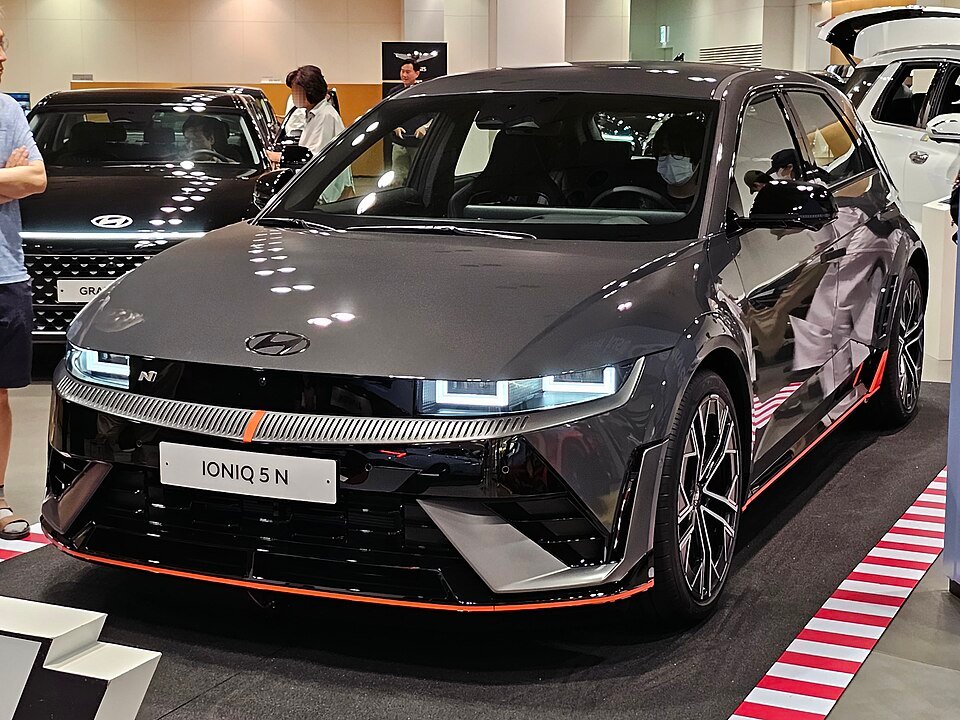
Launched in 2021, the IONIQ 5 is a game-changer. Built on the E-GMP platform, it supports 800V ultra-fast charging, allowing the battery to go from 10% to 80% in just 18 minutes. It also offers up to 303 miles of range and Vehicle-to-Load (V2L) functionality, turning the car into a power bank.
Kia EV6
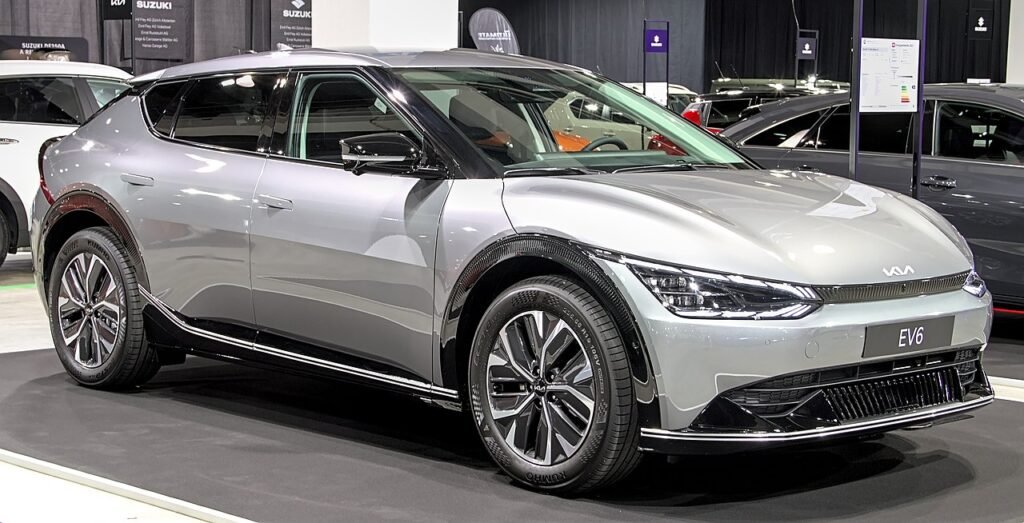
Kia’s electric flagship offers athletic performance with a GT version that reaches 0–60 mph in under 3.5 seconds. It combines sleek design with practical range and smart features like a panoramic curved display and intelligent parking assist.
Genesis GV60
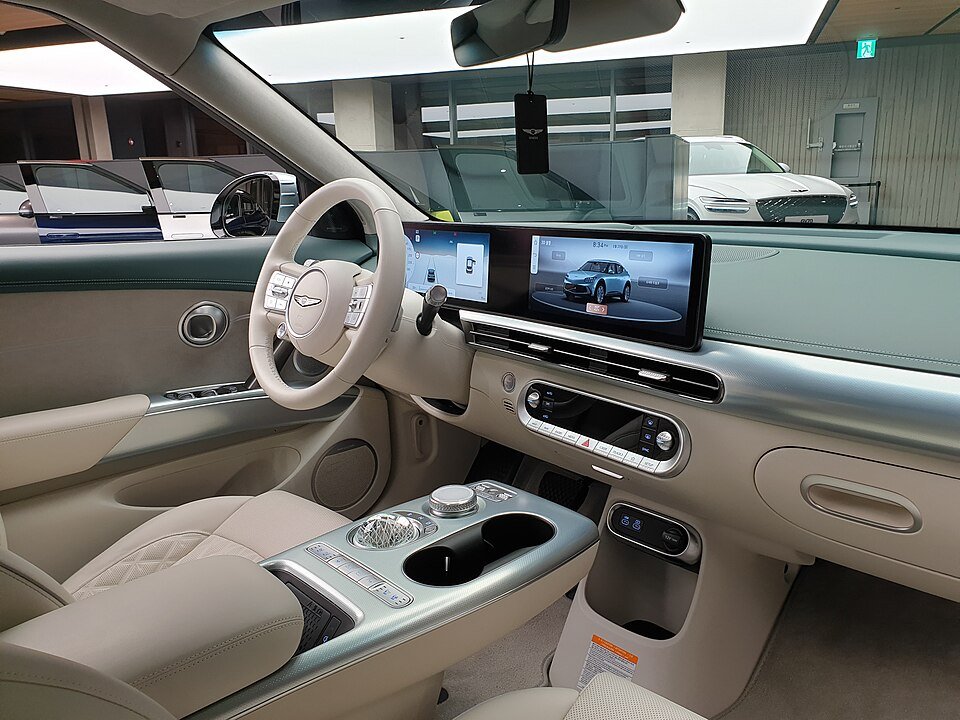
As the luxury arm of Hyundai, Genesis introduced the GV60 to compete in the high-end EV market. It offers facial recognition unlock, crystal sphere gear shifter, and advanced semi-autonomous driving features.
Hyundai Kona Electric
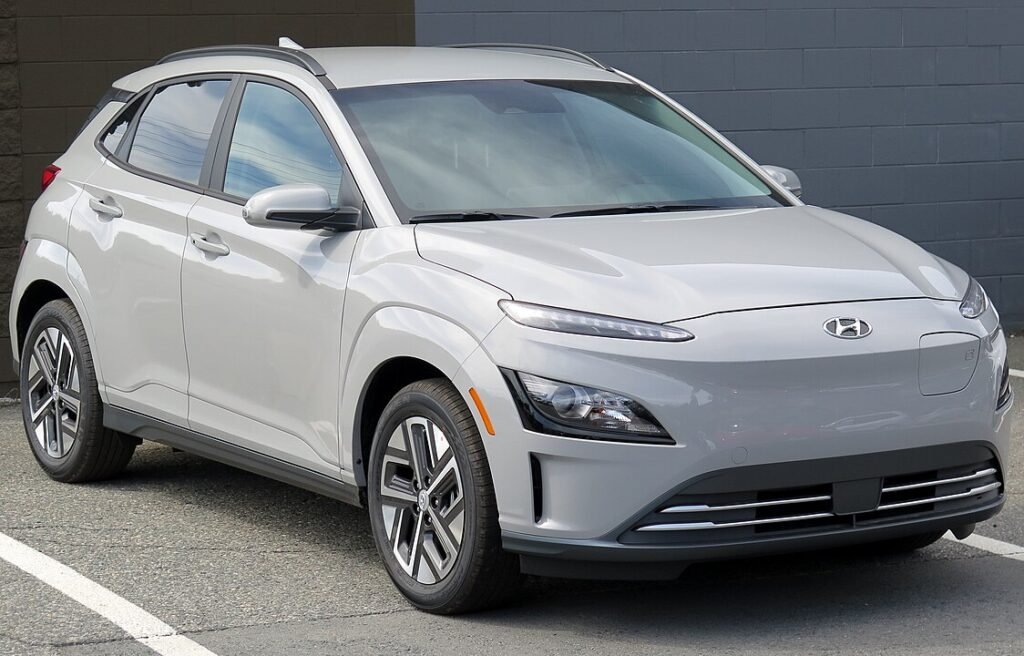
A more budget-friendly option, the Kona Electric is compact, efficient, and perfect for urban environments. It offers over 250 miles of range, making it one of the best-value electric cars in its class.
Future Trends for Korean Electric Cars
1. Solid-State Batteries
Korean firms are investing heavily in solid-state battery technology, which promises longer range, greater safety, and faster charging. Hyundai and Samsung SDI are both developing prototypes expected to reach market within the next few years.
2. Expanded EV Lineups
By 2030, Hyundai plans to introduce 31 electric models, including sedans, SUVs, and commercial vehicles. Kia is targeting 1.6 million EV sales annually by the same year.
3. Software-Defined Vehicles (SDVs)
Korean automakers are investing in making their vehicles more software-oriented, enabling features like:
- Subscription-based upgrades
- Remote diagnostics
- Enhanced OTA updates
4. Global Gigafactories
To meet rising demand, companies like LG and SK On are opening battery gigafactories in Europe, North America, and Southeast Asia to reduce shipping costs and improve sustainability.
5. Autonomous Driving and AI Integration
With increased focus on AI-driven driving systems, Korean electric cars are expected to integrate Level 3 and Level 4 autonomy in the next few years—especially for luxury models from Genesis.
Frequently Asked Questions (FAQ)
What is the best Korean electric car?
It depends on your needs. For range and features, the Hyundai IONIQ 5 and Kia EV6 are highly rated. For luxury, consider the Genesis GV60.
Are Korean electric cars reliable?
Yes. Korean automakers have a strong reputation for reliability, and their EVs are built with top-tier battery technology and quality control.
Do Korean electric cars support Android Auto and Apple CarPlay?
Absolutely. Most Korean EVs offer wireless Android Auto and Apple CarPlay as standard or optional features.
How much does a Korean electric car cost?
Prices vary. The Hyundai Kona Electric starts around $34,000, while the Kia EV6 and Hyundai IONIQ 5 typically range between $45,000–$60,000 depending on trim and options.
Where can I charge a Korean electric car?
Korean EVs use standard CCS charging ports, compatible with most public chargers. Apps like PlugShare or Google Maps can help locate nearby stations.
Conclusion: Driving the EV Revolution with Korean Innovation
Korean electric cars are redefining what it means to drive green, combining advanced battery technology, smart connectivity, and stylish design. With brands like Hyundai, Kia, and Genesis leading the way, South Korea has become a major player in the global EV race.
Whether you’re looking for performance, value, or luxury, there’s likely a Korean EV that fits your lifestyle. And with the industry moving toward solid-state batteries, global gigafactories, and autonomous driving, the future of Korean electric mobility looks brighter than ever.
–Stay tuned to voltdrivehub for the latest updates, reviews, and guides on the best electric vehicles in the world.

